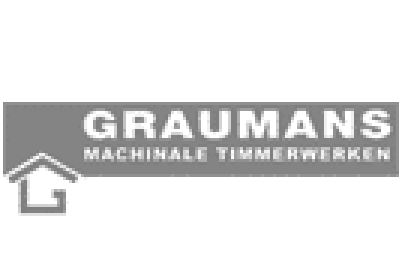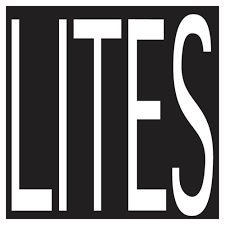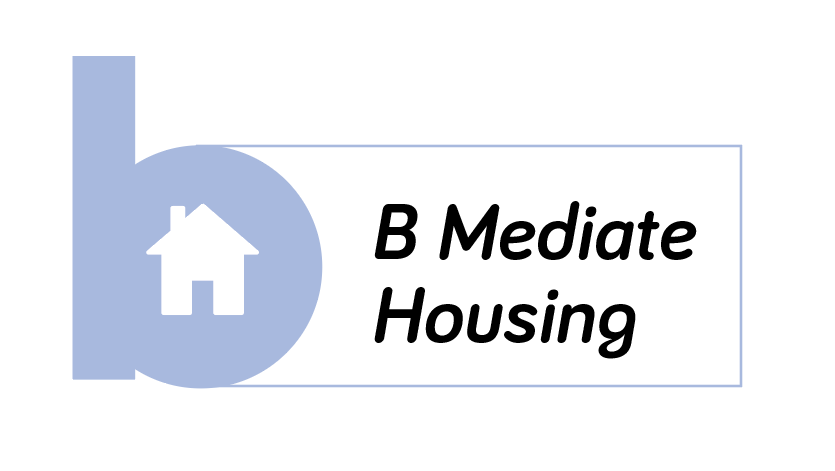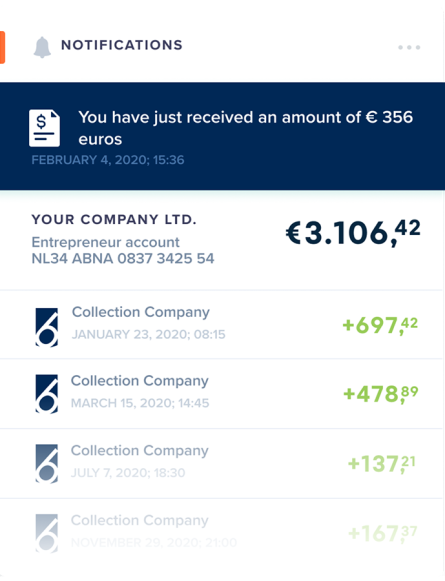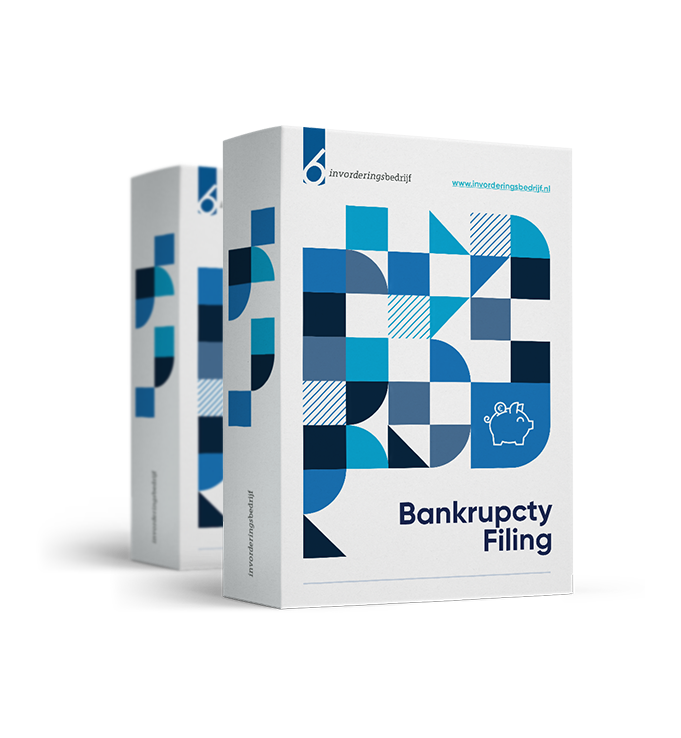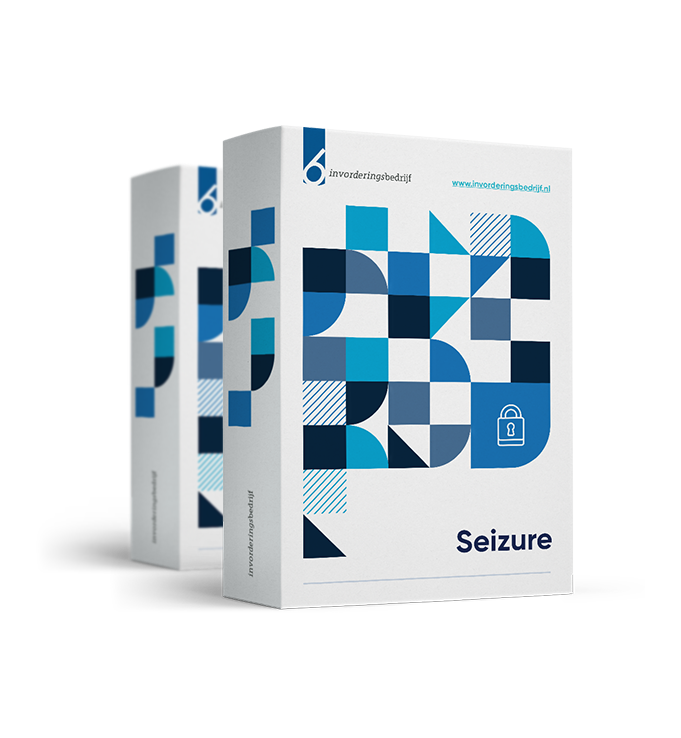Discover our unique strategy
Welcome to Collection Company
Our goal is to realize the ideal worry-free business world. With no defaults and less risk. A world characterized by financial stability and security.
A world in which customers deliver, meet agreements and pay on time. A world of optimal service and cooperation. In which you do not have to worry about the payment of your invoices.
We, Collection Company, create this world for you with our services.





